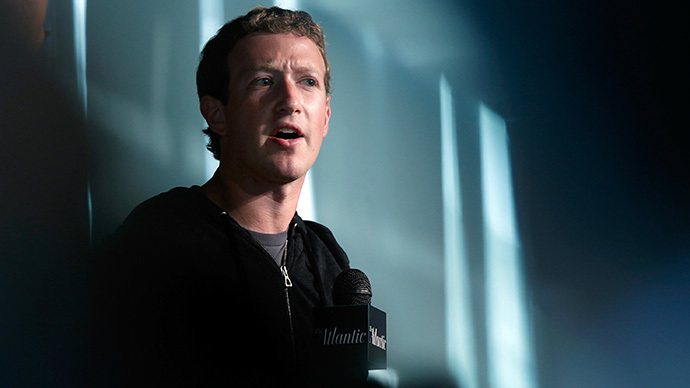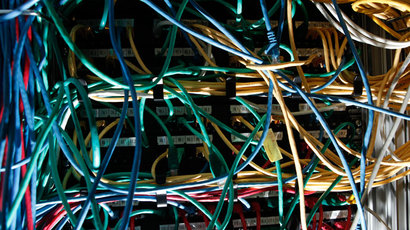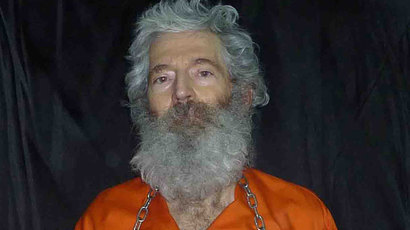Iran court summons Mark Zuckerberg over privacy concerns

Facebook founder Mark Zuckerberg has been summoned to appear in an Iranian court as part of a case against social network privacy breaches in the South of the country. He must appear to “defend himself and pay for possible losses.”
The 30 year old stands accused of mass privacy breaches. Iran’s censors previously banned WhatsApp – an application which was cited as the primary reason for the summons. The Committee for Determining Criminal Web Content said that its acquisition by Zuckerberg was a factor in its summons, according to the ISNA news agency.
“According to the court's ruling, the Zionist director of the
company of Facebook, or his official attorney must appear in
court to defend himself and pay for possible losses,” said
Ruhollah Momen-Nasab, an Iranian internet official.
The judge also ordered the two apps blocked.
In April, when Facebook acquired WhatsApp, the US Federal Trade
Commission issued a warning to both companies to maintain privacy
controls.
However, users remained concerned over the amount of information
being added to Facebook's database through the acquisition, such
as phone numbers that users may have been apprehensive about
displaying on their online profiles.
“If the acquisition is completed and WhatsApp fails to honor
these promises, both companies could be in violation of Section 5
of the Federal Trade Commission (FTC) Act,” the FTC
cautioned.
It is unlikely Zuckerberg will heed the summons. There is no
extradition treaty in place between Iran and the US.
Additionally, Iran remains under international sanctions because
of disputed nuclear programs. US citizens are experiencing some
problems gaining travel visas to the country.
Tehran sometimes filters social networking websites such as
Twitter or Facebook. Moderate Iranian president Hassan Rouhani
has been negotiating a loosening of internet restrictions with a
conservative judiciary.
Last week, in a statement reported by the country’s official IRNA
news agency, Rouhani said:
“We ought to see (the internet) as an opportunity. We must
recognize our citizens' right to connect to the World Wide
Web.”
His predecessor Mahmoud Ahmadinejad routinely imprisoned
bloggers.
Internet use in the country remains high, suggesting that its
populace is utilizing proxy servers to bypass the controls.














